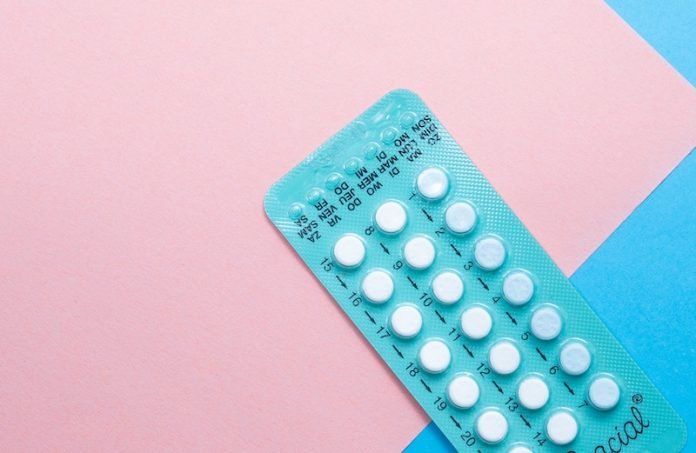
Imagine being sad all the time and not wanting to do anything. That’s what depression can feel like.
It’s a big health problem worldwide, affecting over 264 million people.
Women are more likely than men to get depression, with at least 25 percent of all women and 15 percent of all men needing treatment for depression in their lifetime.
The Link between the Pill and Mood Changes
Have you heard of the contraceptive pill, often just called “the pill”? It’s a medicine that women can take to avoid getting pregnant.
But some people have wondered if the pill might cause mood changes or even depression.
This is important because many women stop using the pill if they notice it affecting their mood.
The Big Research Project
A group of researchers decided to study this and published their findings in a scientific journal called Epidemiology and Psychiatric Sciences.
They studied more than 250,000 women in the UK, from when they were born until they reached menopause.
The scientists collected data about when these women started using the pill, when they first felt depressed, and when they were diagnosed with depression.
The type of pill they studied contains two types of hormones: progestogen and estrogen. These hormones help prevent pregnancy in different ways.
What Did the Researchers Find?
The researchers found that women who started taking the pill as teenagers were more likely to feel depressed.
Teenagers had a 130 percent higher chance of showing depression symptoms, while adults had a 92 percent higher chance.
The researchers think this might be because teenagers’ bodies are already going through lots of hormonal changes because of puberty.
This might make teenagers more sensitive to the hormones in the pill and other life experiences.
Using the Pill for a Long Time
The researchers also found that the risk of depression decreased if women continued using the pill for more than two years.
But even after they stopped using the pill, teenagers still had a higher chance of being depressed, which was not the case with adults.
An Excellent Option, but Not for Everyone
Therese Johansson, one of the researchers, says that the pill is a great choice for many women. Most women can take it without feeling moody or depressed.
The pill can also help prevent other diseases in women, like ovarian and uterine cancer. But for some women, especially teenagers, starting to use the pill might increase their risk of getting depressed.
Healthcare Professionals Need to Be Aware
The findings of this study suggest that doctors and nurses should be aware of the link between depression and the use of the pill.
They should also tell women about the possible risk of depression when discussing the use of the pill.
Future Studies
This study only looked at one type of contraceptive pill. The researchers plan to study other types of contraceptives in the future, like mini pills, patches, spirals, rings, and rods.
This will help women make informed decisions about what contraceptive to use.
If you care about mental health, please read studies about who will respond best to ketamine for severe depression, and Vitamin B6 could reduce anxiety and depression.
For more information about health, please see recent studies about unhealthy habits that may increase high blood pressure risk, and results showing plant-based protein foods may help reverse diabetes.
The study was published in Epidemiology and Psychiatric Sciences.
Copyright © 2023 Knowridge Science Report. All rights reserved.



